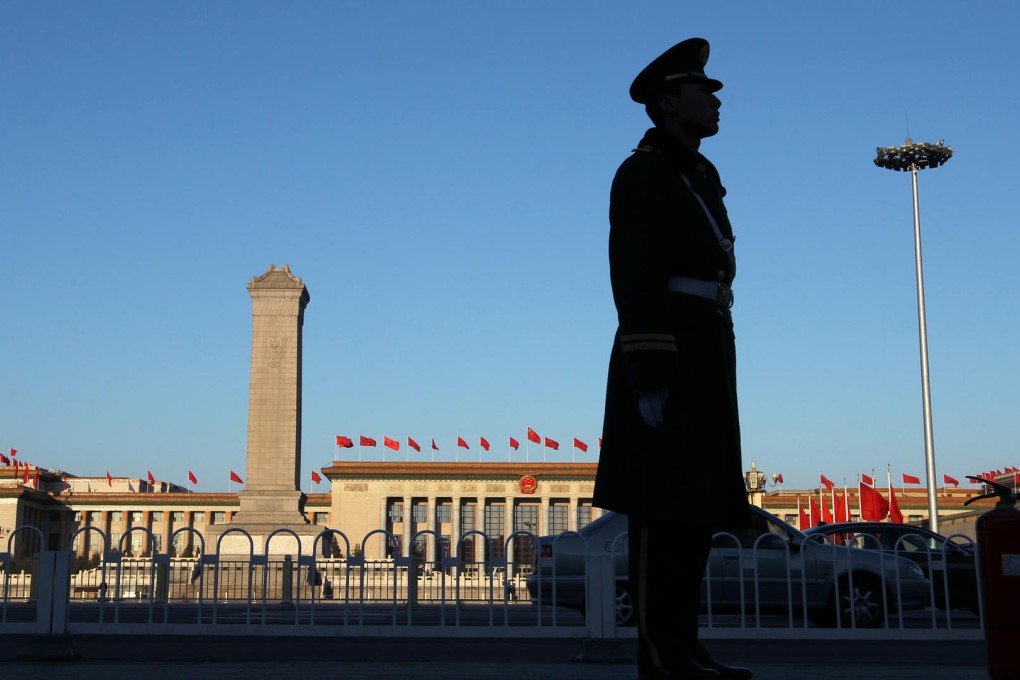Catch-all national security law adds to Hong Kong worry
John Chan says a proposed Chinese security law requiring Hongkongers to safeguard national sovereignty must come with checks and balances to prevent abuse

Beijing's latest draft of a proposed national security law has raised concern in Hong Kong. Article 11 of the draft law obliges the people of Hong Kong, Macau and Taiwan to safeguard national sovereignty and territorial integrity, alongside their mainland compatriots. Article 36 of the draft calls on the Hong Kong and Macau special administrative regions to fulfil their responsibility of safeguarding national security.
Hong Kong is part of China, so it is natural that the SAR government should shoulder part of the responsibility to safeguard national security. No Hong Kong person would object to that. People are, however, concerned that imposing a duty on Hongkongers to safeguard Chinese sovereignty will conflict with the rights and protections currently enjoyed by the people of Hong Kong.
It is commonplace to find mainland legislation imposing a moral duty on citizens. In the marriage law, for example, adult children are exhorted to support and provide for their parents, even before such general principles were enshrined in a 2013 law on protecting the rights of elderly people.
By contrast, Hong Kong law is not concerned with moral duties; rather, it spells out a person's rights under the law, as well as the limits on them. While our laws reflect our moral standards, the laws themselves do not impose or enforce moral duty. Article 11 of the draft national security law is thus alien to what we are used to. The natural questions to ask are: what will Hongkongers be expected to do to fulfil that duty, and what will happen if we fail to do so?
Basic Law Committee vice-chairwoman Elsie Leung Oi-sie dismissed such worries by saying that Hongkongers will be consulted if the law is to be applied in the SAR, as it has to go through local legislation.
The new national security law will offer wider coverage than the previous state security law, enacted in 1993 (which was revised and renamed the counterespionage law last year), which was believed to be a response to the Tiananmen movement in 1989. The previous security law was mainly focused on protecting sovereignty, territorial integrity and the existing social system. The new law will, apart from oversight in the above areas, also cover issues such as security of the financial system, food safety, internet safety, environmental protection and nuclear safety.